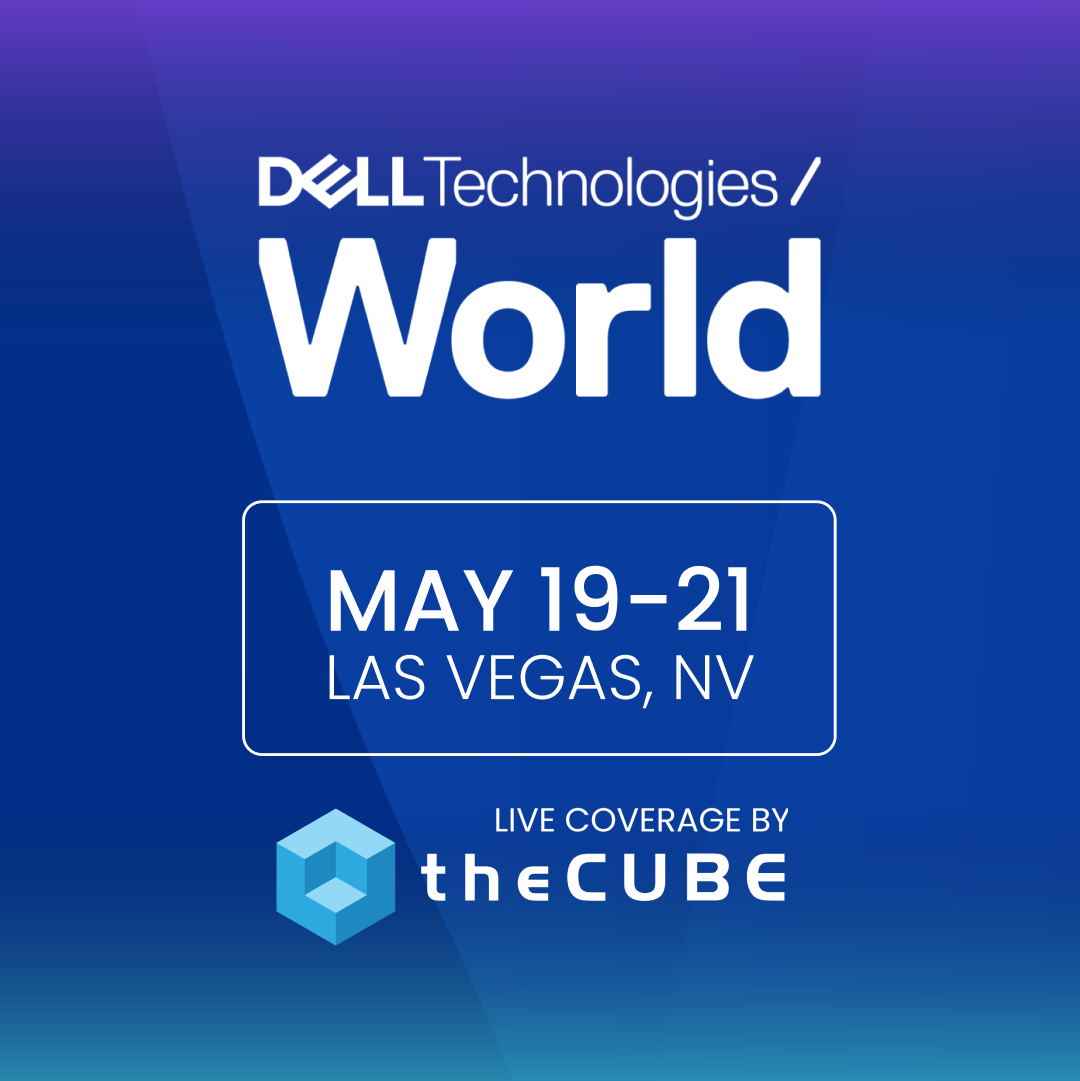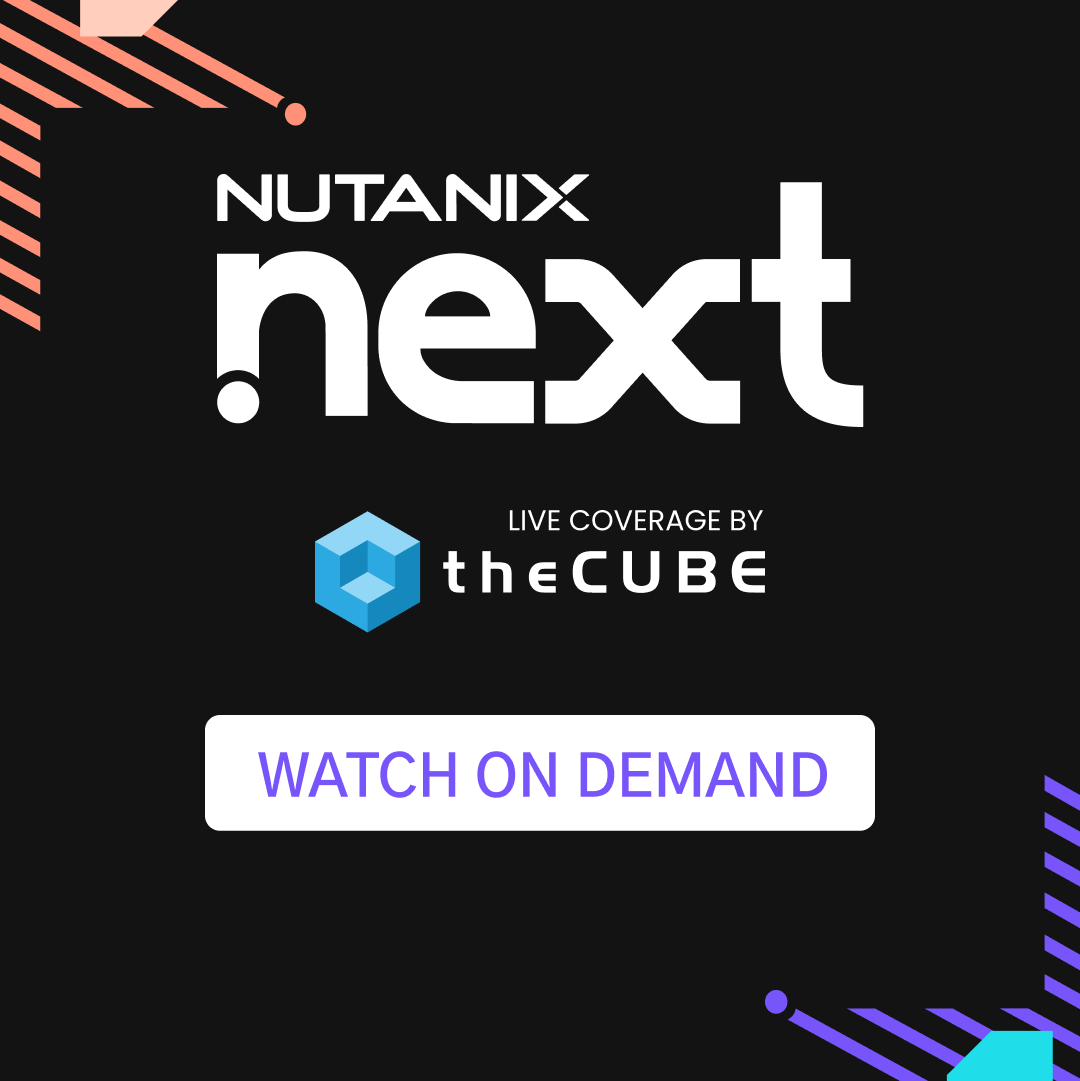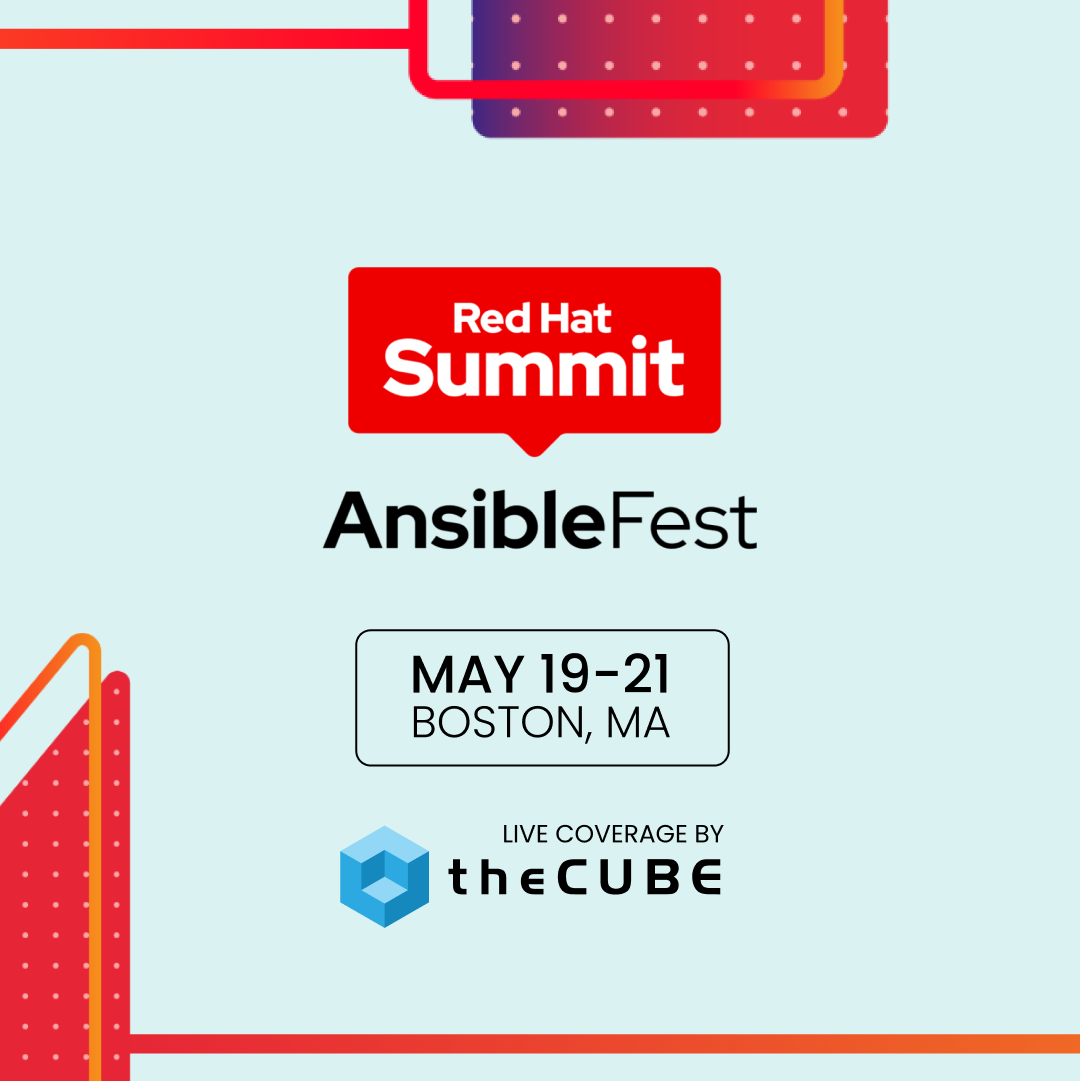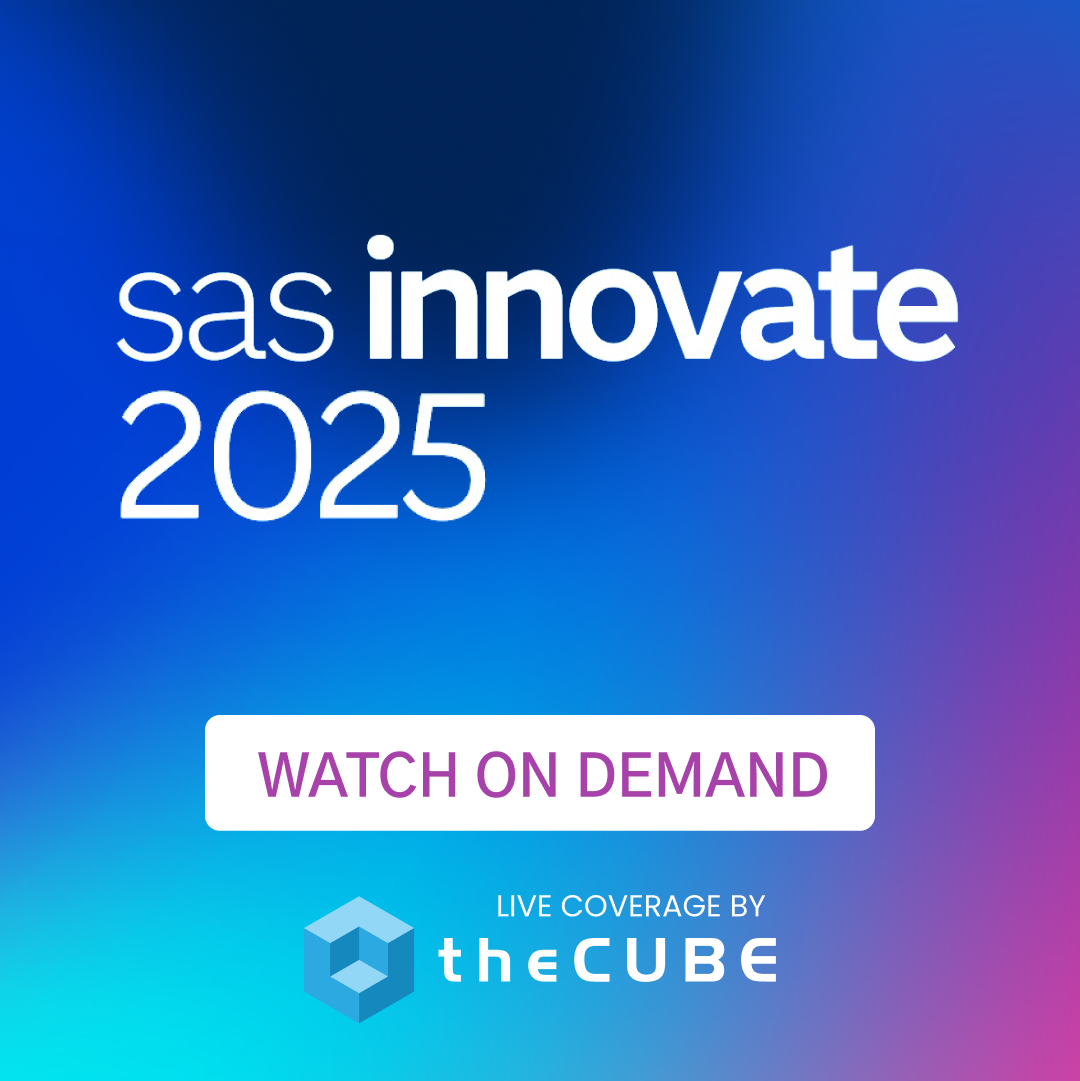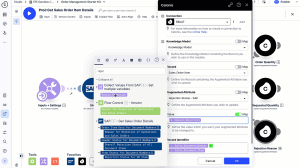MongoDB makes AWS easier | #reinvent
![]() Today I want to re-visit the AWS re:Invent conference, held just two weeks ago in Las Vegas. The co-founder and CTO of MongoDB, Eliot Horowitz, stopped in for a candid conversation with John Furrier and Dave Vellante on SiliconANGLE’s theCUBE, which broadcast live from the event. Horowitz addressed the troubled first days of his company, how they survived the most challenging issues and the advantages Mongo possesses that has placed them in a position to maximize market share thanks to their partnership with AWS.
Today I want to re-visit the AWS re:Invent conference, held just two weeks ago in Las Vegas. The co-founder and CTO of MongoDB, Eliot Horowitz, stopped in for a candid conversation with John Furrier and Dave Vellante on SiliconANGLE’s theCUBE, which broadcast live from the event. Horowitz addressed the troubled first days of his company, how they survived the most challenging issues and the advantages Mongo possesses that has placed them in a position to maximize market share thanks to their partnership with AWS.
Early on in the interview, Furrier pointedly asked Horowitz to address some of the scalability issues Mongo has experienced and users and analysts have criticized them about. He also inquired what the company intended to do to push their product to scale.
“I think a few years ago there was a perfect storm where Mongo was still a little bit immature in some areas, especially concurrency,” Horowitz admitted. He claimed the other front in that storm was AWS’s own issues with their Elastic Block Store (EBS). “We had this perfect storm of problems where if you were using Mongo and you were on AWS, it didn’t scale very well and it was trouble.” Since those early incidences, Horowitz claims Mongo has greatly improved their concurrency while conceding there is still a long way to go on that front.
You can watch the interview in its entirety here:
.
.
“One of the key things to remember at MongoDB is it’s still very early in the database space. Things will take time to fully mature,” he noted. “And over the next two to four years, you’ll see a lot more improvements. There’s still a long way to go.”
Despite the rough start in the database game, Furrier did comment on the success the start-up has seen in its few short years. “Just watching the enormous rise of Mongo has been really fun to watch,” he said. “Go back in time for a bit. What was the breakthrough for Mongo?”
According to Horowitz, their break-out was the moment they began working to provide developers with what they really wanted from purely a productivity standpoint. “[Mongo] lets [developers] do all these things pretty easily without reinventing the entire way they interact with the database.” The key was changing their data model from relational to document while maintaining a familiar feel with regard to indexing and consistency. “We kept those things from the relational model so people coming over didn’t have to relearn everything.” Furrier likened this approach to really being a DevOps philosophy.
“In my mind, it’s all about productivity. Devops is all about productivity,” he responded. “No one starts a company and wants to work on databases. They start a company to build a product.” Mongo streamlines the process so developers can create business-ready applications without getting bogged down in the minutiae of how to implement them into their infrastructure.
Mongo, according to Horowitz, was born from the desire of his team to build a database product that didn’t currently exist on the market and, as developers with previous database building experience, was something they wished they could have had previously. He credits the company’s success with the design of the product and its being embraced by the developer community.
“The document model is intuitive for people,” he stated. Among its advantages, it allows for horizontal scalability. This attribute allows for an incredible increase in productivity as developers are able to spend more time focusing on their core mission and less time worrying about database problems they don’t really care about.
Database companies are not a new phenomenon; however there has been a marked increase in start-up operations over the past few years. Vellante asked Horowitz his opinion on an eventual consolidation of many of these companies, the time frame it would occur in and if and why he would have confidence Mongo would remain standing.
Horowitz responded there would likely be consolidation on two fronts. The first would be in the number of vendors hawking their wares. The second would be in how enterprises approach database usage. While he states there will not be a return to when companies had only one database for all their issues, he thinks the current model of trying to maintain upwards of 20 different operational data services will not remain feasible.
“I think they’re going to want to have three, maybe four. And you are going to want those three or four cover the entire spectrum of your database needs.” Companies will want to maintain a relational database along with a form of a data warehouse where data and batch processing can occur. “And you’re definitely going to need some sort of document database where you can store some loosely structured data so developers can be more productive in certain cases,” he said.
He believes the consolidation will occur once the mass of vendors on the market now start branching out from providing a niche feature that appeals to one group or another and starts offering a broader spectrum of features suitable to the wider market as a whole.
Concluding the interview, Horowitz went into specific use-cases that highlighted the strengths of MongoDB and how he thought those strengths positioned them to the database of choice in the market in the coming years.
A message from John Furrier, co-founder of SiliconANGLE:
Your vote of support is important to us and it helps us keep the content FREE.
One click below supports our mission to provide free, deep, and relevant content.
Join our community on YouTube
Join the community that includes more than 15,000 #CubeAlumni experts, including Amazon.com CEO Andy Jassy, Dell Technologies founder and CEO Michael Dell, Intel CEO Pat Gelsinger, and many more luminaries and experts.
THANK YOU

